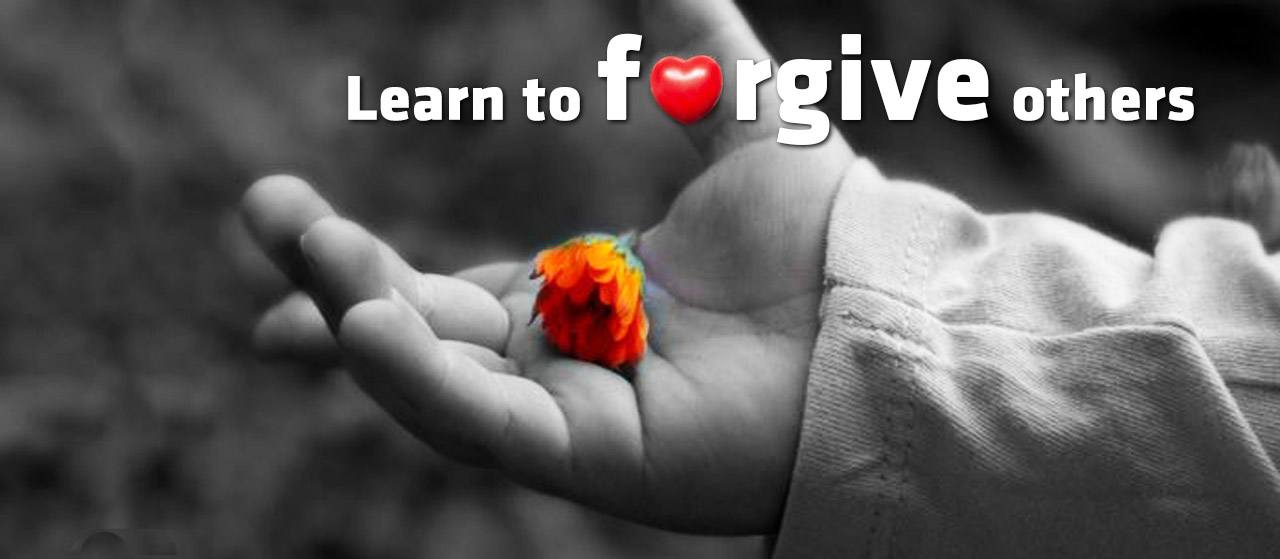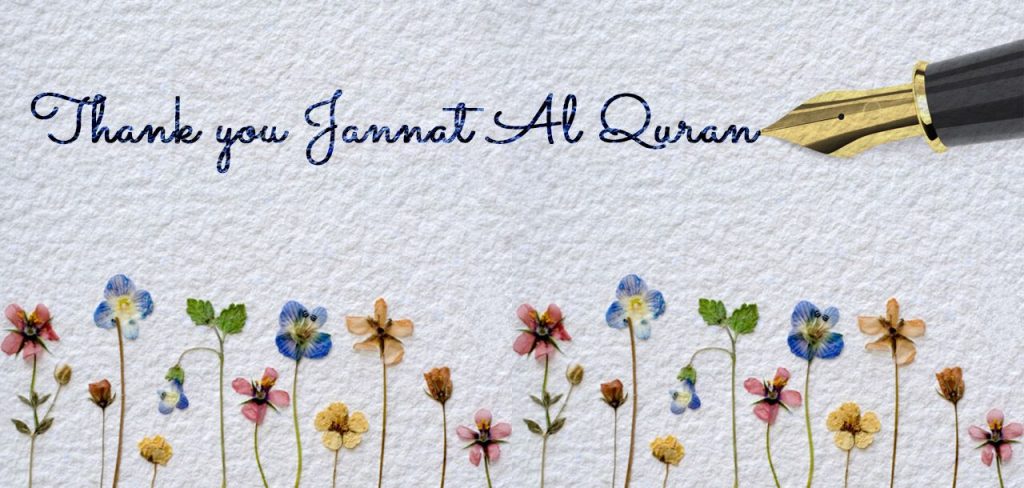Learn to forgive others
Don’t hate those who lied to you, cheated and betrayed you. It will teach you to rely on Allaah and expect less from creation. They will be accountable for their deeds and you will be accountable for your deeds. Forgive them and leave everything to Allaah. He (SWT) is Just.
Forgiving others doesn’t make you weak, forgiving shows you’re too strong to allow someone else to control your happiness and emotions!
If somebody hurts you, don’t feel sorry for yourself. Feel sorry for them, ultimately they’ve harmed themselves. Allaah will help you ease the pain and you’ll move on, but Allaah also never forgets what the wrong doers do. The day will come when the bad they’ve inflicted will come back to them.
We have all read the story about the accusations that were forged against ‘Aishah Radi-Allahu anha, but in addition to that story, the tafsir of Surah An-Nur (Surah 24), ayah 22, reveals another story. It is a story of forgiveness, a story of compassion, a story demonstrating the superiority of those who forgive for the sake of Allah (may Allah make us of them).
Mistah was the cousin of As-Siddiq radi-Allahu anhu. He was the son of Abu Bakr’s maternal aunt, and a poor man with no wealth except whatever Abu Bakr spent on him. He was one of those who had migrated for the sake of Allah, and he invented the lies and the slander against ‘Aishah radi-Allahu anha.
As-Siddiq (Abu Bakr) was known for his generosity, and he did favours for his relatives and strangers alike; but when Allah revealed the ayah to confirm ‘Aishah’s innocence (from the slander invented by Mistah), Abu Bakr Radi-Allahu anhu swore he would not help Mistah. In fact, he said, “By Allah, I will never spend on him,” (and in another version, “By Allah, I will never provide for Mistah anything after what he has said about ‘Aishah.”)
Then Allah (سبحانه وتعالى) revealed:
And let not those among you who are blessed with graces and wealth swear not to give to their kinsmen, al-Masaakeen [the poor], and those who left their homes for Allah’s Cause. Let them pardon and forgive. Do you not love that Allah should forgive you? And Allah is Al-Ghafuwr (the Most-Forgiving), Ar-Raheem (the Most Merciful). [Surah Noor:22]
After Allah revealed the innocence of the Mother of the believers, ‘Aishah, the believers were happy and content with the outcome of the incident. Those believers who had talked about the matter repented, and the prescribed punishment had been carried out upon those on whom it was carried out. Then, Allah softened the heart of As-Siddiq towards his relative Mistah bin Uthathah.
When Allah revealed, “Do you not love that Allah should forgive you,” which shows that the reward fits the action, and that if you forgive others, you will be forgiven, then As-Siddiq (Abu Bakr) said, “Of course, by Allah, we love our Lord that He should forgive us.” Then he resumed his spending on Mistah and said, “By Allah, I will never stop spending on him.”
Mercy and forgiveness are two of the many lessons the Qur’an teaches us. What would we do in the same situation?


